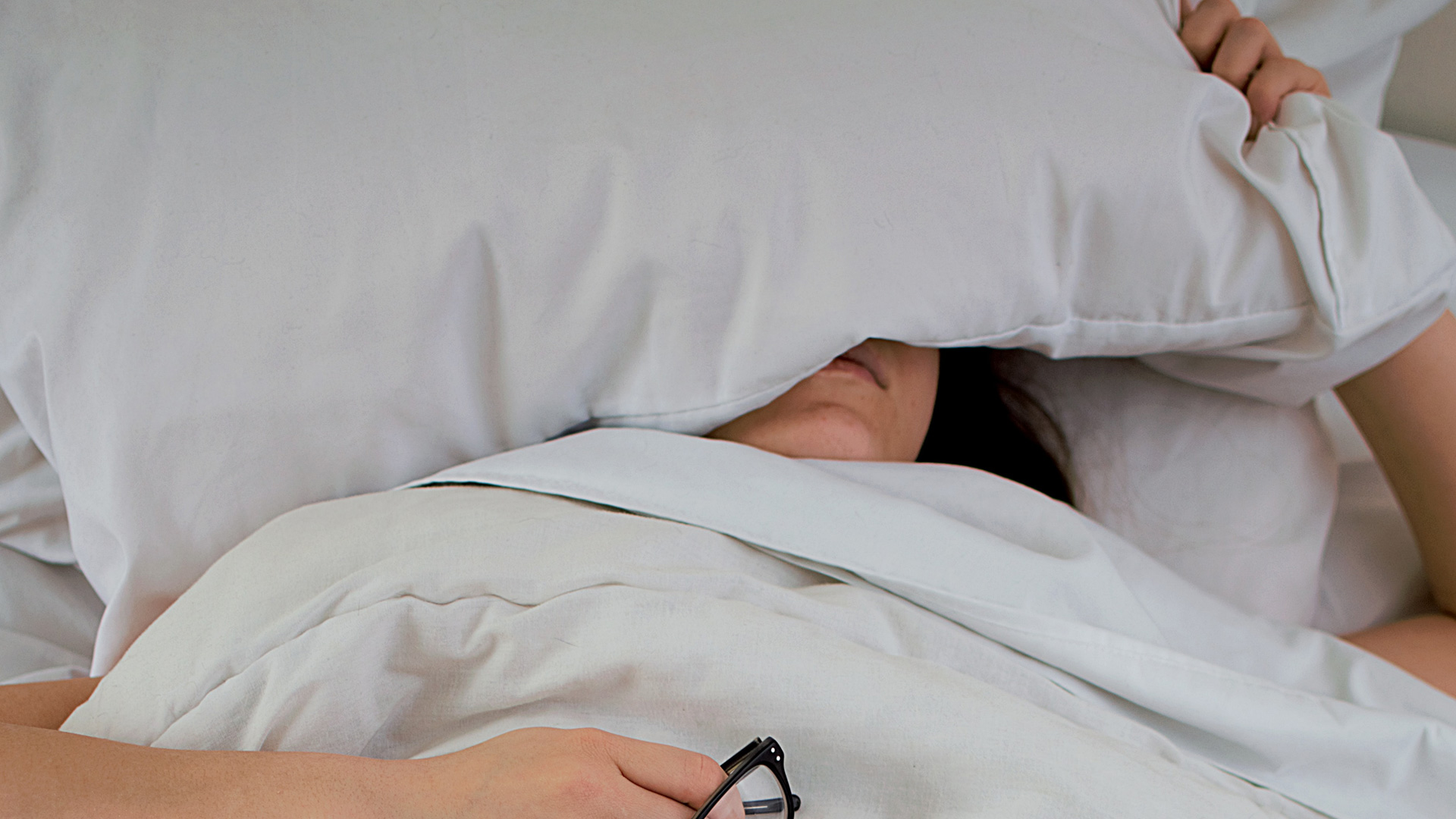UK clocks change: do this tonight to avoid daylight savings jet-lag, says sleep expert
An hour's difference can mess up your sleep for days – here's how to head it off


In the UK the clocks are due to go back this weekend, which means we all get an extra hour in bed. Sounds like great news, right? Well, according to sleep experts, the daylight savings time change can have a detrimental impact on our sleep for several days afterwards.
It's recommended that adults get 7-9 hours of sleep each night, but a change of even an hour can have knock your sleep schedule right out of kilter. We spoke to Dr Verena Senn to find out exactly why the clock change can have such an impact, and how to avoid daylight savings jet lag. Verena is the resident sleep expert at Emma (the brand behind two of our best mattress picks right now – the Emma Original and Emma Premium), and has a PhD in Neurobiology and nearly 15 years' of research on the brain, sleep patterns and psychological behaviour under her belt, so she knows her stuff.
“The production of hormones that influence sleep rely in part on a sort of central system in the brain that is sensitive to changes in light," explains Venera. "When the clocks go back and the usual patterns of light we experience throughout the day shift, our body clocks can be disrupted, also disrupting the cycle of the hormone production that helps you sleep.”
- Save up to 50% in the Emma mattress Halloween sale
- ... or browse our Emma Black Friday deal predictions

So how can we avoid this knock-on effect? Verena suggests heading off the shift by starting to adjust your bedtime in the run up to Sunday. Moving your bedtime 15 or 30 minutes earlier each night gives your body some extra rest.
If you've missed the boat, there are things you can do after Sunday to help your body readjust quicker. “A great way to help yourself sleep better following the time change is to try and get some bright light first thing in the morning," says Verena. "This is because this blueish light helps to keep you alert during the day which in turn helps with falling asleep better at night.” Switching from a regular alarm to one of the best wake-up lights can help with this, or if you suffer from seasonal affective disorder, you might want to invest in a dedicated SAD lamp.
Why is it so important to maintain a consistent sleep schedule, anyway? “Keeping to a regular sleep schedule is one of the best ways to ensure you wake up feeling refreshed each day," says Verena. "Clear external structures like working, eating and activities such as exercising, help your body to recognise when sleep is due."
“However, it's not just your sleep schedule that is important, but also your sleep hygiene," she adds. This refers to the behavioural and environmental factors that affect our quality of sleep. Good sleep hygiene, Verena says, involves things like taking time out to relax before bedtime, avoiding caffeine and blue screen light in the evenings, and ensuring your bedroom is the right temperature and darkness. "By practicing good sleep hygiene we can put ourselves in the best possible place for having a great night’s sleep," she adds.
Get all the latest news, reviews, deals and buying guides on gorgeous tech, home and active products from the T3 experts

Ruth was T3's Outdoors and Wellness Editor from 2020 to 2022, covering hiking, camping and adventure sports kit, as well as mattresses, sleep accessories, yoga and general wellness. She's now a Homes Editor at sister site TechRadar, where she deals in all things air (vacuum cleaners, robovacs, fans and air purifiers), and hair (hair dryers, straighteners and stylers).